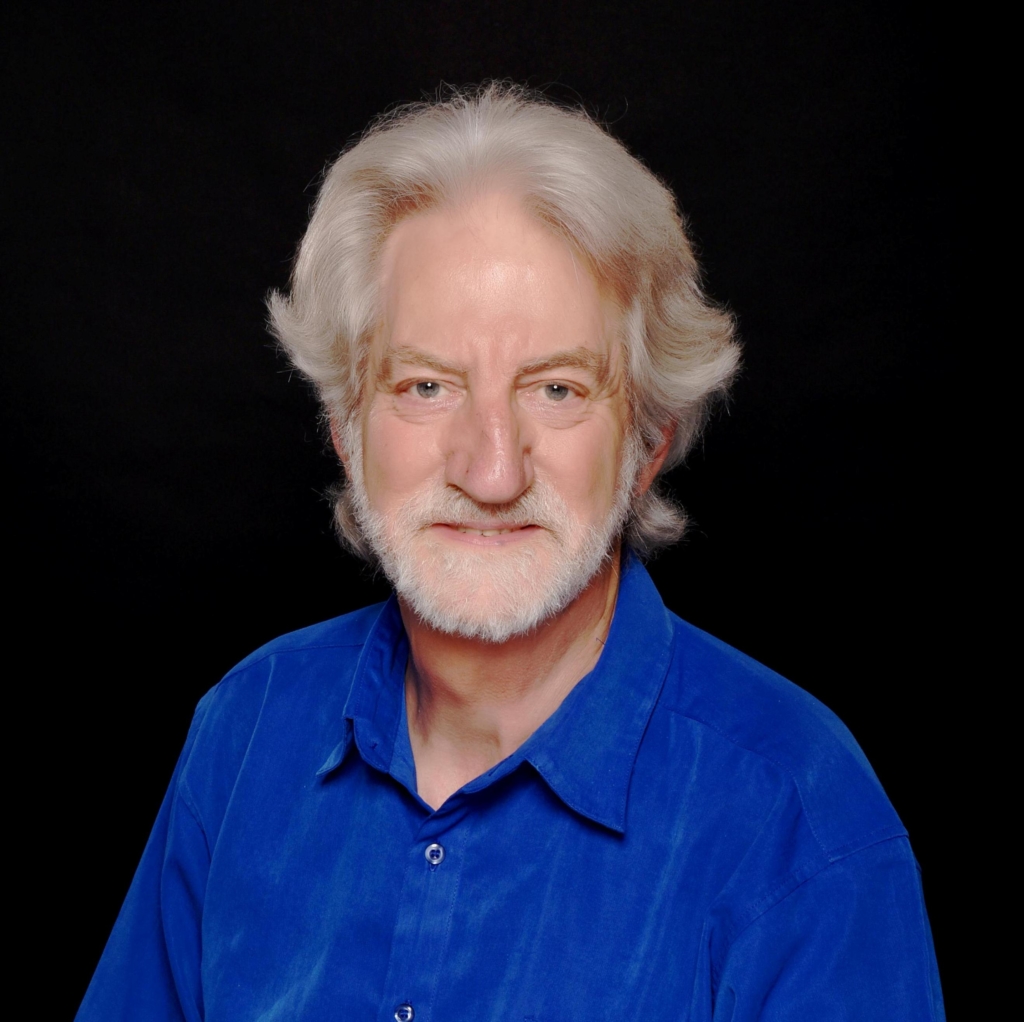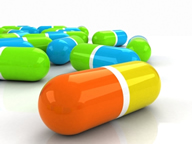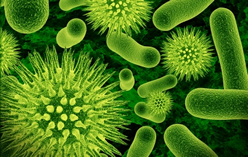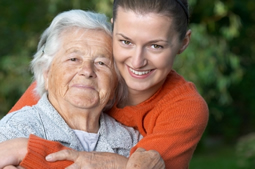
Recovery Steps 9-12
“If you, or someone you love, suffers from Parkinson’s disease, then this is going to be some of the most important information you’ll ever read.!”
Step 9 – Learn to communicate better with your doctor and other health practitioners, and/or find a new practitioner. Understand medication: how to use it; how to minimize your need for it.
Your chosen health practitioners can be of enormous support in your journey to wellness. They may also be enormous obstacles to be overcome. By choosing the right practitioners, and learning to communicate in the best way, you can create a team of helpers who will be partners on your great adventure.
We no longer need to be “victims of the system”. We always have choices about who will help us take care of our health, what medicines and remedies we take and who we invite to join us on this great adventure. Learn the difference between “experts” and good doctors/naturopaths and how to choose. Learn about controlling your medication/remedy doses to gain greater benefit.
You need to look at your relationships with practitioners such as General Practitioners, Integrative Medical Practitioners/Holistic Doctors, Neurologists, Naturopaths, Homeopaths, Herbalists etc and importantly, how to make the most out of each of your consultations. To gain the best value from any visit to any practitioner, we need to write down all the things we want to tell them, and all the questions we want to ask, then insist that they listen and give us answers. It is often helpful to take a friend, family member or carer with you for support.

Step 10 – Exercise at home daily. Find exercise classes or teachers to help you
Use it or lose it! This is true even if you feel lethargic, too busy or slowed down by your symptoms. Exercise and core strength strategies will keep your body in the best possible shape while you get well.

Step 11 – Remove all toxic substances from your environment
Those of us who develop Parkinson’s Disease symptoms are at least 100 times more sensitive to synthetic chemicals, medications and remedies than more robust people. Have a look around your house and find what may be inhibiting your health. Research those people who have made significant improvements to their health by cleaning up their own environment.
There are over 150,000 neurotoxic chemicals in our normal environment, and we are unaware of most of them. Many are contained in commonly used products like cleaners, insect sprays, shampoos, deodorants, toothpastes and hair colour. Fortunately, there are now many non-toxic products available at your local health food store and, sometimes, at the supermarket.

Step 12 – Renew, repair or revive your relationships – friends, family and lovers.
Our relationships affect our lives on many levels, and can have a profound effect on our health. Look at what your relationships are doing for you and how you can make your life more beautiful by improving them.

